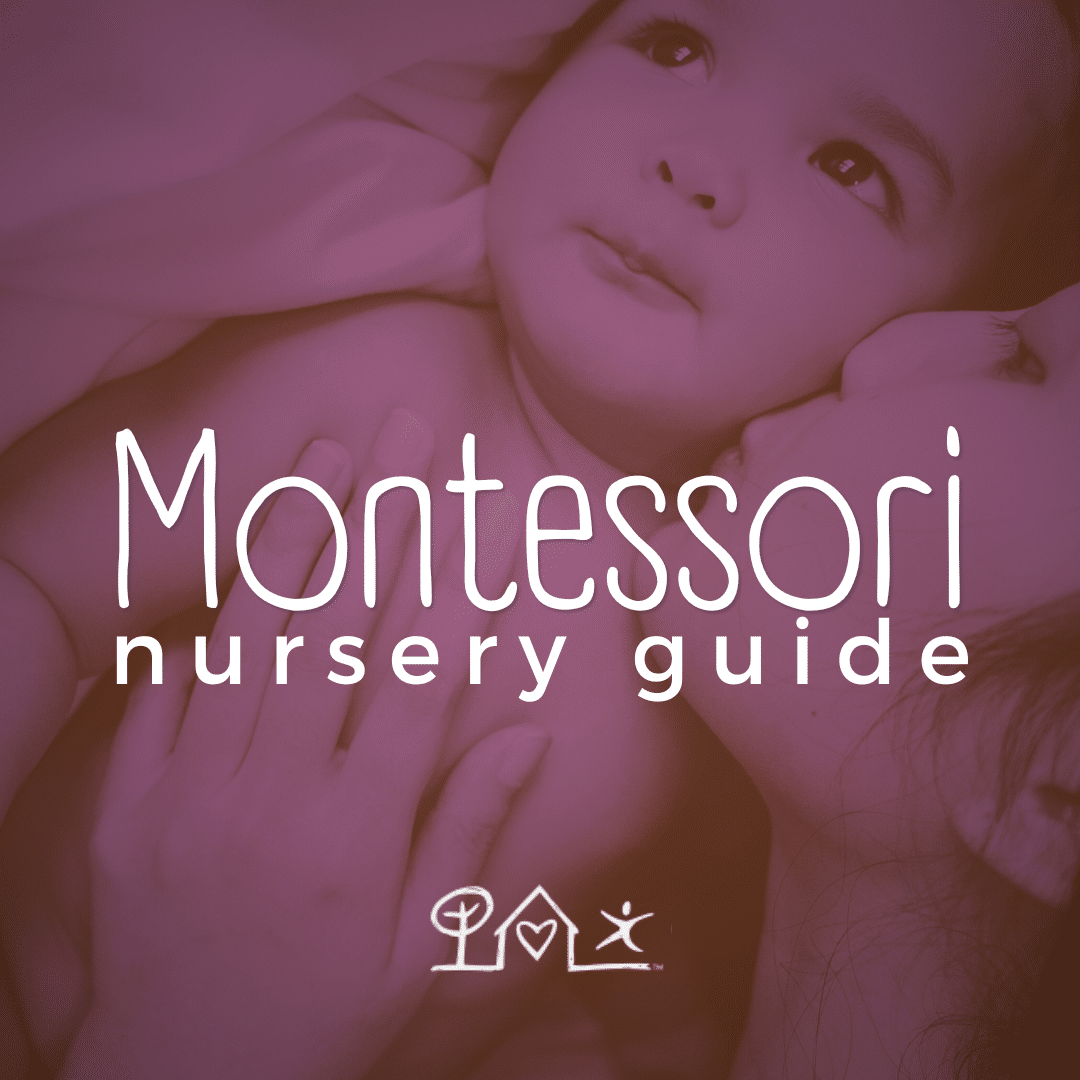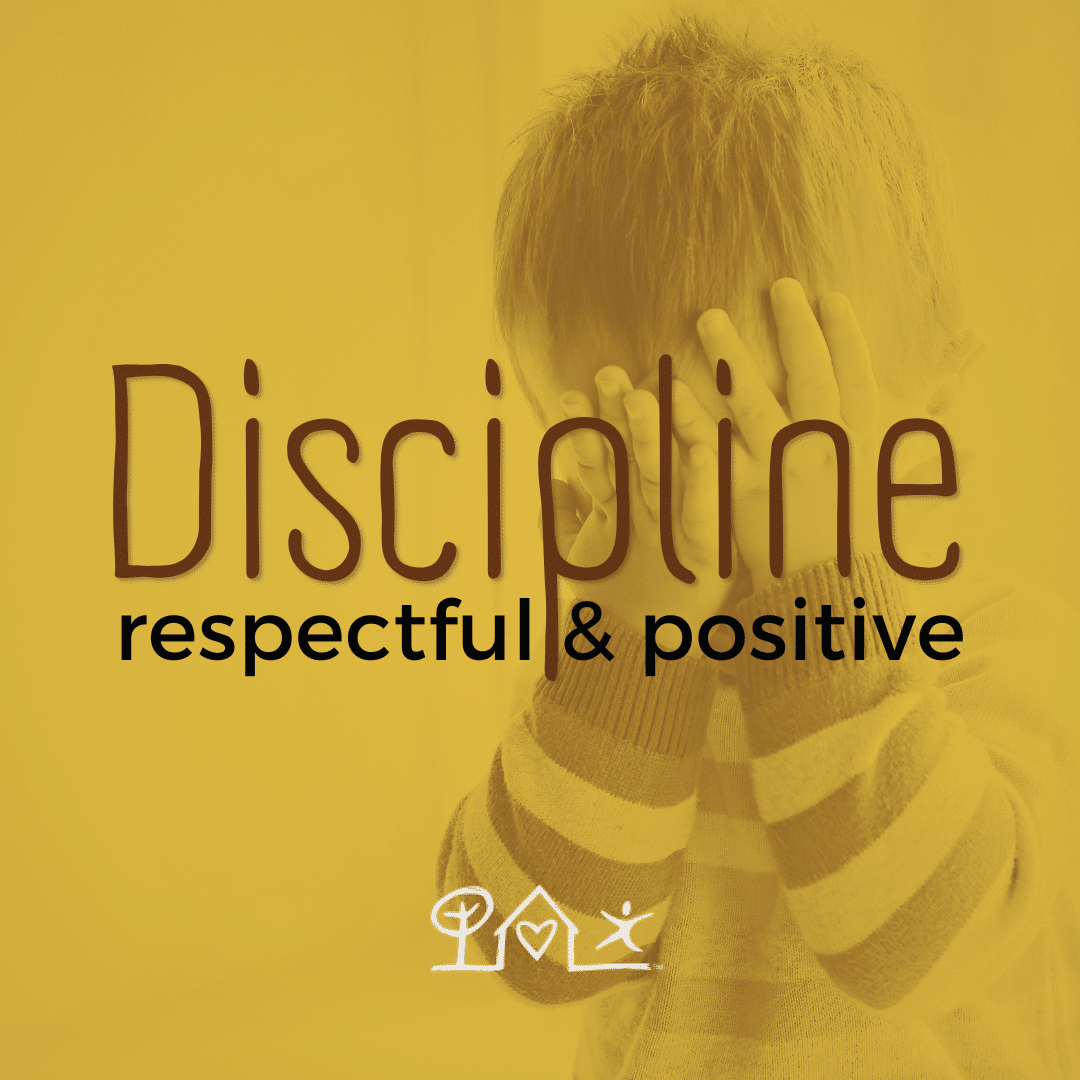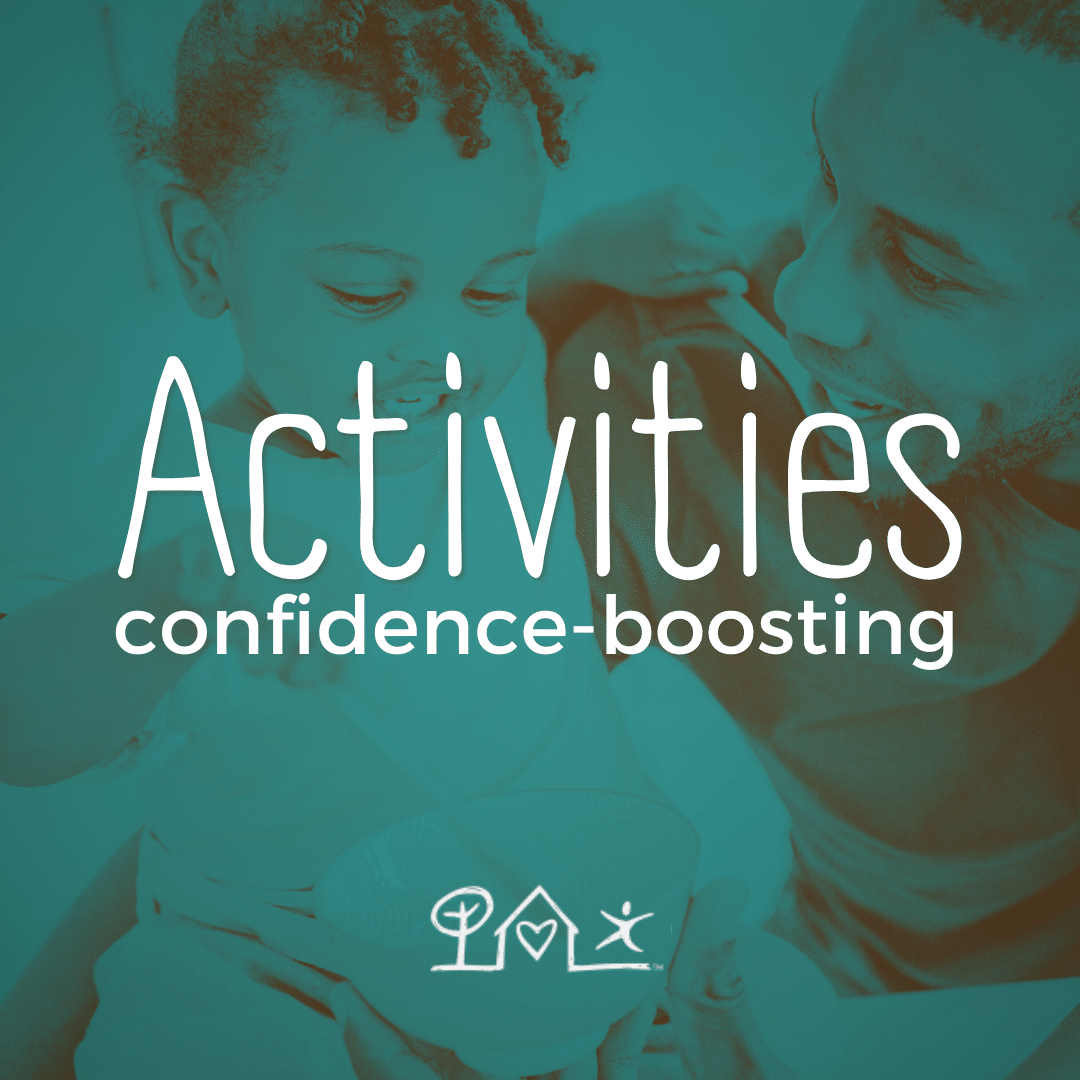Three Period Language Lesson With Fruits by Jeanne Marie Paynel from voilamontessori.com
YOUR CHILD’S FUTURE ACADEMIC SUCCESS STARTS WITH THREE SIMPLE STEPS
Thirty thousand. 30,000! That’s the number of words scientists say you should be speaking to your child daily to increase his chances of academic success. Most parents reach and exceed this magic number, but how do you know if your child is really benefiting from your efforts? Do you feel you might be choosing the wrong words or confusing your child by rambling?
I’m about to share with you a simple but powerful Montessori technique that will put your worries to rest.
We call this tool the Three-Period Lesson – a way of presenting vocabulary to young children that ensures maximum understanding, absorption, and application of new words.
The elements that make the Three-Period Lesson effective are experience, isolation, and repetition.
To use the Three-Period Lesson with your child (from about 15 months onward), start by picking three contrasting items from the same category (for example, the category in this week’s video is fruit). During the first period of the three-period lesson, allow your child to experience one item with his senses before giving the language. Once your child is familiar with the object, give the name in isolation. Don’t ramble on about the object’s color, shape, size or other distinguishing features. Just say the object’s name. Then, introduce the next two objects in the same way.
Immediately begin the second period, where repetition plays a key role in solidifying the words in your child’s mind. Ask your child to move one object at a time to a different part of the table or work rug. You can also tell your child to give you each object or to put his hand on top of it. Again, avoid talking about the items’ qualities; simply stick to the little name game, which most children enjoy tremendously!
When you see that your child is comfortable identifying each object, move on to the third period (if your child is older than 2.5). Point to each object in turn and ask: “What is this?” If your child gets a word wrong, do not correct him. In Montessori, we “teach by teaching, not by correcting”. Simply smile, put the objects away, and move on to another activity. You can always re-visit the activity later or include the object in your daily conversations.
If your child is under the age of 2.5 and still learning how to talk, STOP after the second period. Please don’t put pressure on him to do something he can’t yet do, like saying a new word. Trust me, if your toddler is ready to say the word, he’ll probably blurt it out during the second period! Support his burgeoning language confidence by letting him take the lead.
When your child gets older, you can use the Three-Period Lesson to introduce shapes, countries, or even numbers and letters. Just stick to the three key elements – experience, isolation, and repetition – and remember to keep it fun!
If you want to learn more simple but powerful Montessori tools to maximize your child’s learning potential, then click “Let’s Talk” button to discover my Montessori Parenting Program.
Three fruits and an easy Montessori game provide a powerful opportunity for language development. In this video, the Montessori Three-Period Lesson is used to teach new words to children from about 15 months of age. By letting the child use his senses to experience each item before learning its name, we’re priming the brain for maximum retention of new knowledge.
For more tips on how to introduce Montessori activities, read The Nine Key Points to Sharing a New Activity with Your Child.
P.S. Would you like my support and guidance setting-up your Montessori home? If, yes then go ahead and schedule a ‘Discovery Session’ with me. It’s free and you’ll know if we are a good fit.








3 thoughts on “Your Child’s Future Academic Success Starts with Three Simple Steps”